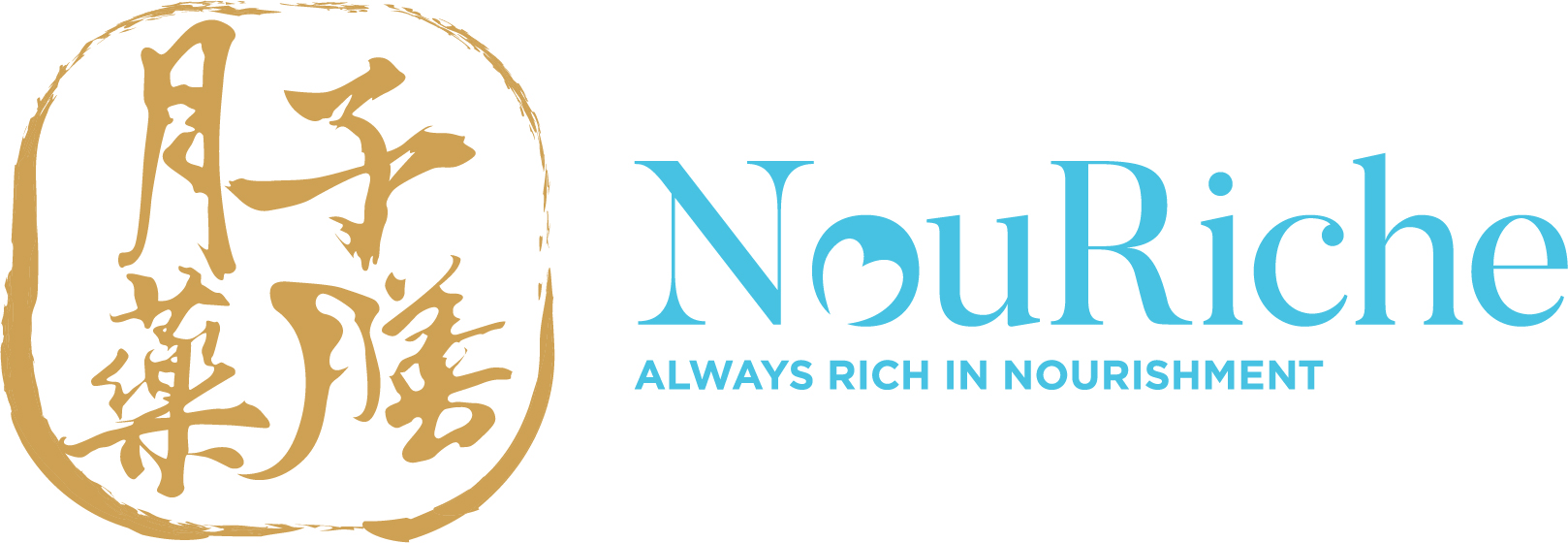Welcoming a newborn into the family is undoubtedly an exciting step for new parents. But the changes that come after pregnancy and childbirth can be overwhelming, and a new mother will need all the help she can get both physically and emotionally. Fulfilling duties as a new mother while still finding the time to take care of herself might seem impossible. NouRiche are experts at taking care of your confinement food menu, and we’ve come up with a list of ways husbands can help their wives out during her confinement period to make it a smoother transition.
Confinement food catering
To ensure new mothers get a nutritious and balanced diet during their confinement period, consider signing up for a confinement food package with a reliable confinement food caterer. These caterers have confinement food menus that are specially designed to strengthen the bodies of new mothers, ensuring they regain the energy needed to take care of their recovering bodies, and making sure having regular meals is still possible while caring for their newborn.
Offer emotional support
It’s critical for new mothers to get some nurturing in return as well after nurturing her newborn all day. Being at home with an infant can feel isolating, and it’s important for new mothers to know that they’re not alone. Simple things like phone calls, video calls, sending meal deliveries or small thoughtful gifts can be a bright spot on a hard day. Be sure to keep checking in and offering support even after the initial newborn days of motherhood. Assuring her that she’s doing a wonderful job can also do wonders for her mental health, and boost her confidence.
Keeping the house clean

Helping with the household chores without being asked shows your wife that you’re in this together. One option to consider is using disposable plates and cutleries for the first few weeks with your newborn, which will in turn save you tons of time from washing dirty dishes. NouRiche is also able to provide confinement food delivery for added convenience during a mother’s confinement period. There’s so much to do with a new baby in the house, on top of all the other household chores. But with a little planning and communication, you can tackle the new responsibilities together.
Actively help with the baby

Taking over the reins for a task such as changing a diaper, nighttime feeding, tells her that the parenting and household responsibilities don’t fall squarely on her shoulders. Being more involved with taking care of the baby can also help husbands develop a stronger bond with their newborn.
Manage visitors
Friends and family always mean well and are likely just eager to see your new bundle of joy. And truthfully, who can blame them? But setting some ground rules and healthy boundaries such as saying “no” to surprise visits, should mean people understand your wishes, helping to manage the expectations of visitors.
There’s only so much a new mother can handle with having to focus on taking care of her child, as well as her own recovery. NouRiche are committed to providing the best support with our selection of confinement food menus. Contact us to find out more!


